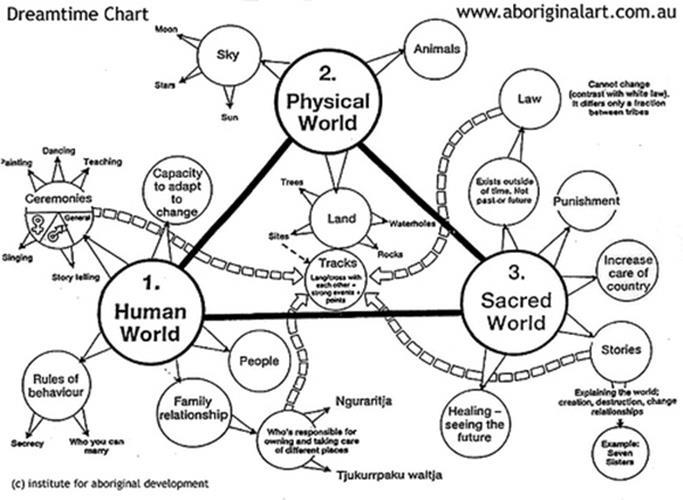Hello Guys!
Today I want to share
with you something that I found really interesting and caught my attention in a
very beautiful way, I’m talking about Aramita Ross, better known as Harriet
Tubman, an amazing women that fought for the freedom of the African-American
people during the American civil war.
She was born in Maryland, into slavery. After long and long years being ill, knocked, whipped, she escapes on September 17, 1849 at the age of 27. By the time she came home, she said: When I found I had crossed that line, I looked at my hands to see if I was the same person. There was such a glory over everything; the sun came like gold through the trees, and over the fields, and I felt like I was in Heaven.
But this was not the
end of the story, not at all. She came back to Maryland again and she started
to rescue her family one by one, the same way that she did; through tunnels and
secrets routes that were connected to another states or connected to Canada.
During eleven years,
she rescues over seventy slaves including brothers and friends with their own
family. No one ever knew that Harriet Tubman was the woman behind the release
of all these people.
In time she became a woman of
respect and an icon in her country with a really big legacy; now:
Do you think that
what Tubman did was a very important thing at that time?
A lot of people say
that she is the Moses of the slaves; do you think the same?
















